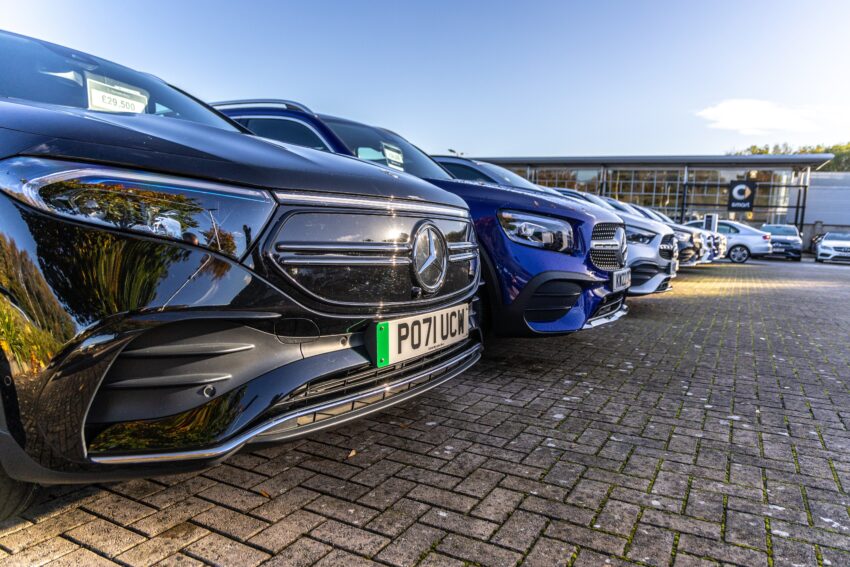Business
The UK car market has seen its first million sales since the pandemic, driven by hybrids rather than fully electric vehicles

The UK car market has reached a major milestone with more than one million new cars registered in the first half of 2024, the first time this has happened since before the pandemic in 2019.
This resurgence includes a notable increase in electric vehicle market share. However, sales of plug-in hybrids and petrol hybrids are greater than those of fully electric cars.
June’s monthly figures showed a slight slowdown in overall growth, with 179,263 new vehicles registered – a modest increase of 1% compared to June the previous year. Despite this, the first half of 2024 saw new car sales increase by 6% compared to the same period last year, reaching a total of 1,006,763. However, this figure is still 20.7% lower than in 2019.
The data shows a significant shift in buyer demographics, with private buyers now accounting for a historically low 38% of the market. In contrast, fleet and business buyers benefit from tax incentives and subsidies to invest in lower-emission vehicles.
Mike Hawes, chief executive of the Society of Motor Manufacturers and Traders (SMMT), praised the market’s continued recovery from the pandemic, but warned of future challenges. He stressed the need for supportive policies to revive the shrinking private consumer market and accelerate the transition to zero-emission vehicles.
Hawes said: “The private consumer market continues to shrink against a difficult economic backdrop, but with the right policies the next government can reinvigorate the market and deliver a faster, fairer transition to zero emissions. All parties agree on the need to reduce CO2 emissions, and replacing older fossil fuel-based technologies with new electrified powertrains is the essential step to achieving that goal.”
Gasoline-only vehicles continue to dominate, but their market share fell to just over 50% in June. Battery electric vehicles saw a 7.4% increase in sales in June, representing 19% of the market. In the first half of the year, electric vehicles accounted for 16.6% of the market, up slightly from 16.1% in the same period last year.
Market dynamics are being affected by a number of major brands reducing their range of petrol vehicles to boost sales of electric vehicles. Both Ford and Stellantis, which includes Vauxhall, have cut deliveries of petrol vehicles to avoid fines under the new zero-emission vehicle mandate, which requires 22% of each manufacturer’s deliveries to be electric by 2024. This has resulted in significant sales declines for both companies.
Tesla, historically Britain’s largest electric car brand, saw a sales drop of almost 12%. This downturn was partially offset by an increase in electric vehicle sales from Chinese manufacturers such as MG and BYD, with MG capturing almost 4.3% of the market and BYD showing strong growth.
Despite these challenges, the market’s transition to lower emission vehicles is clearly visible, with hybrids and plug-in hybrids showing significant sales growth. Sales of plug-in hybrids rose by 30% in June, capturing more than 9% of the market, while sales of hybrids rose by 27%, accounting for almost 15% of the market.











